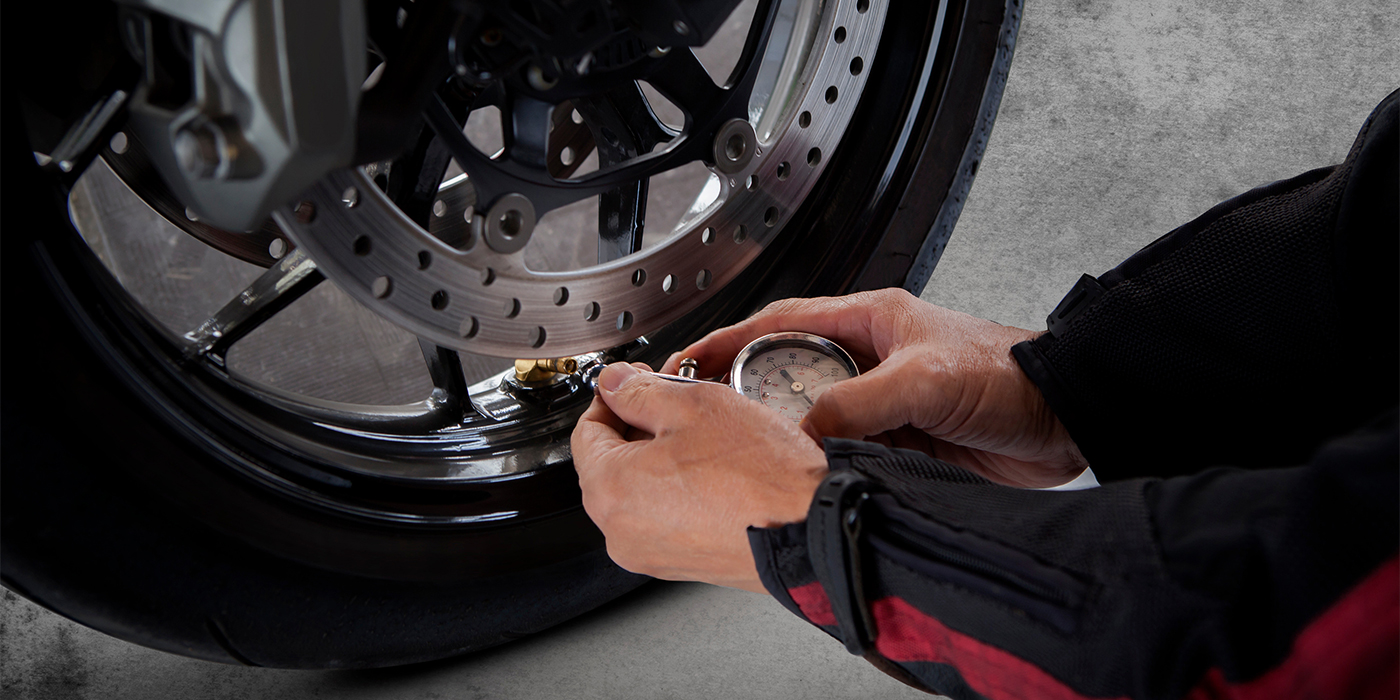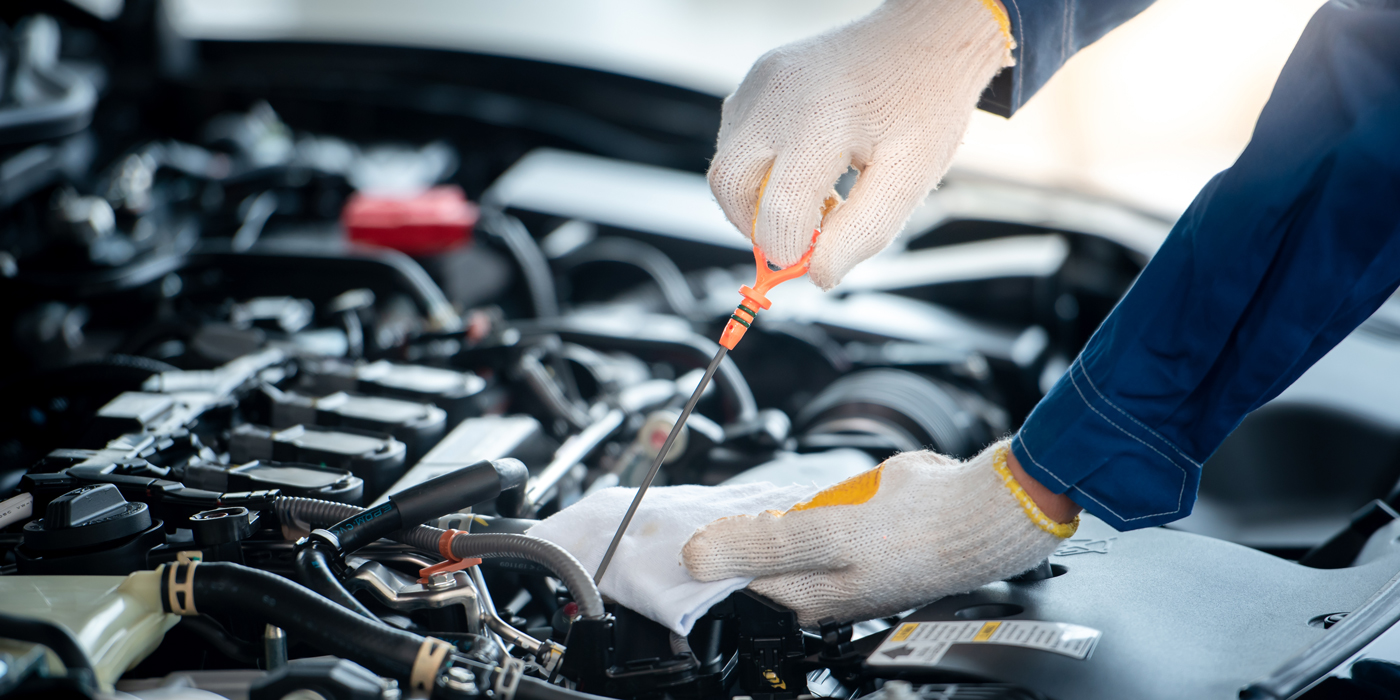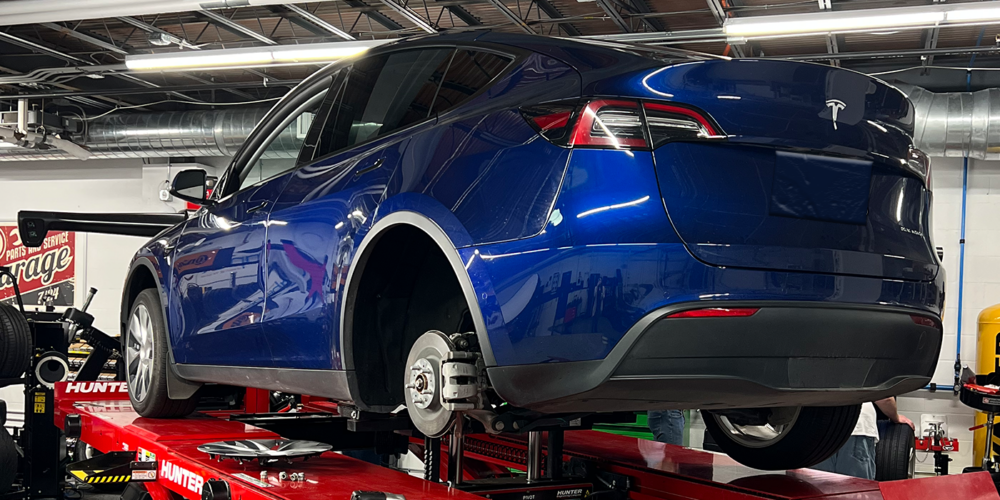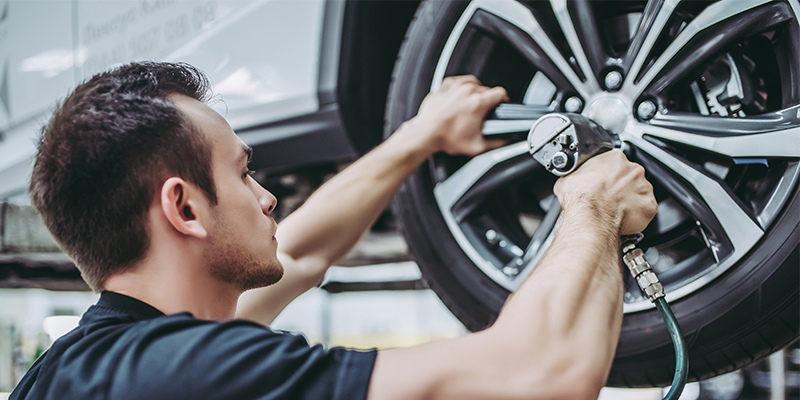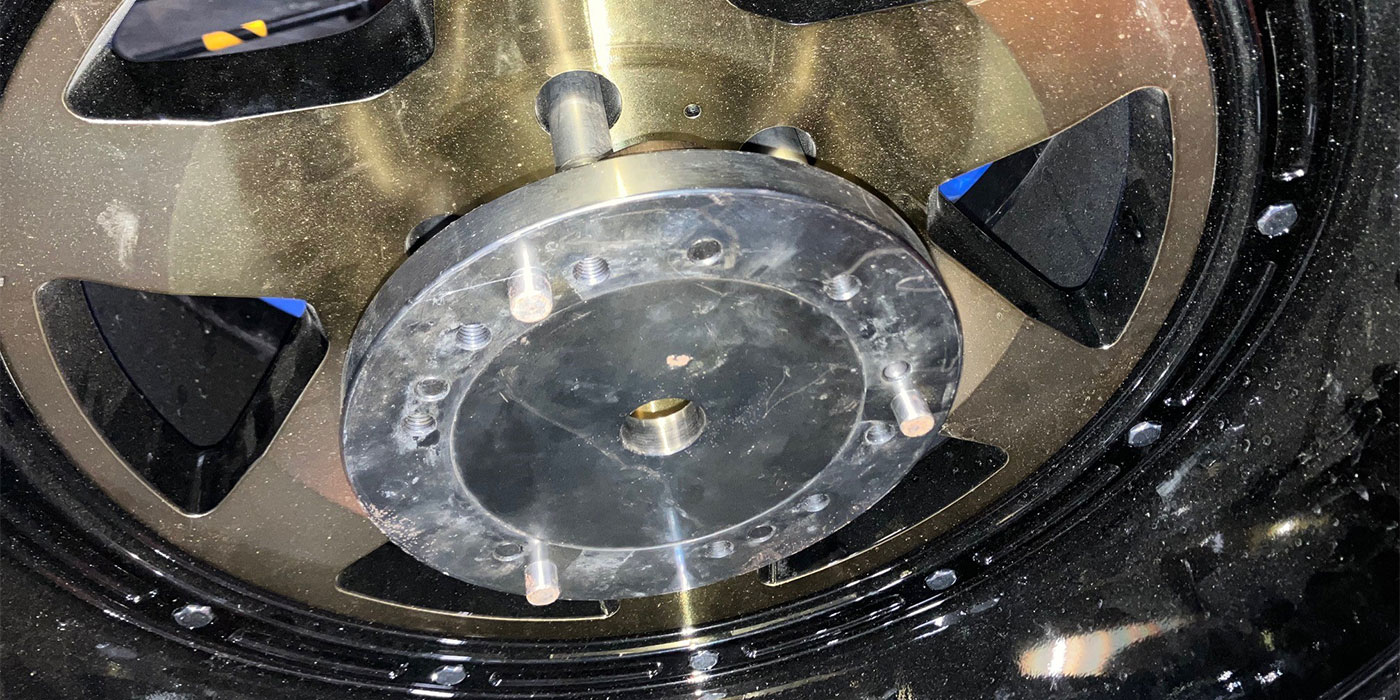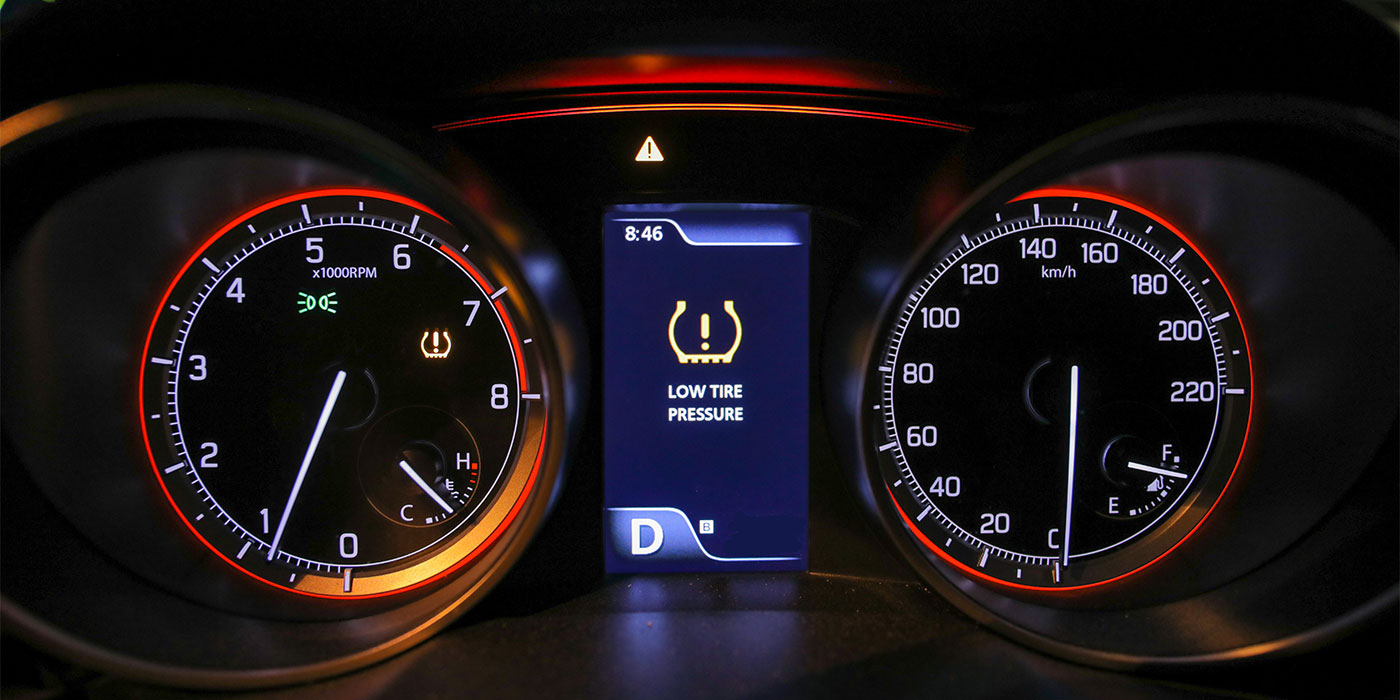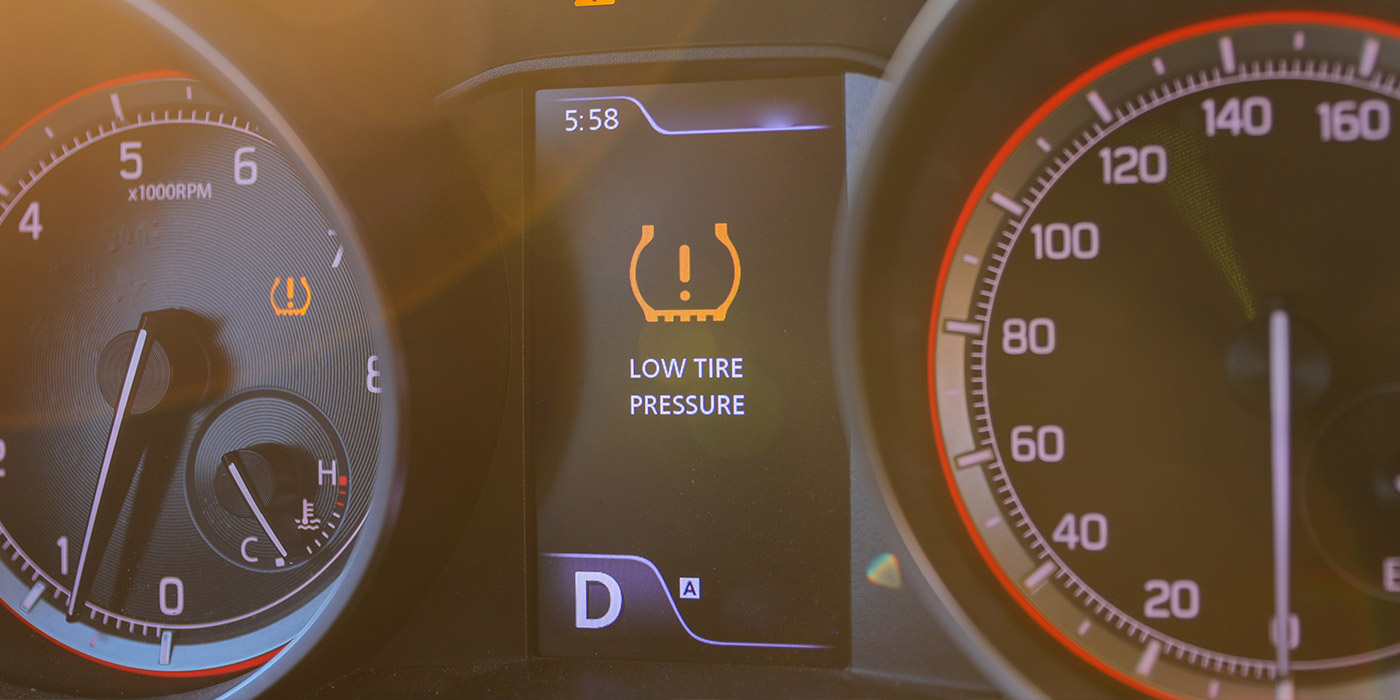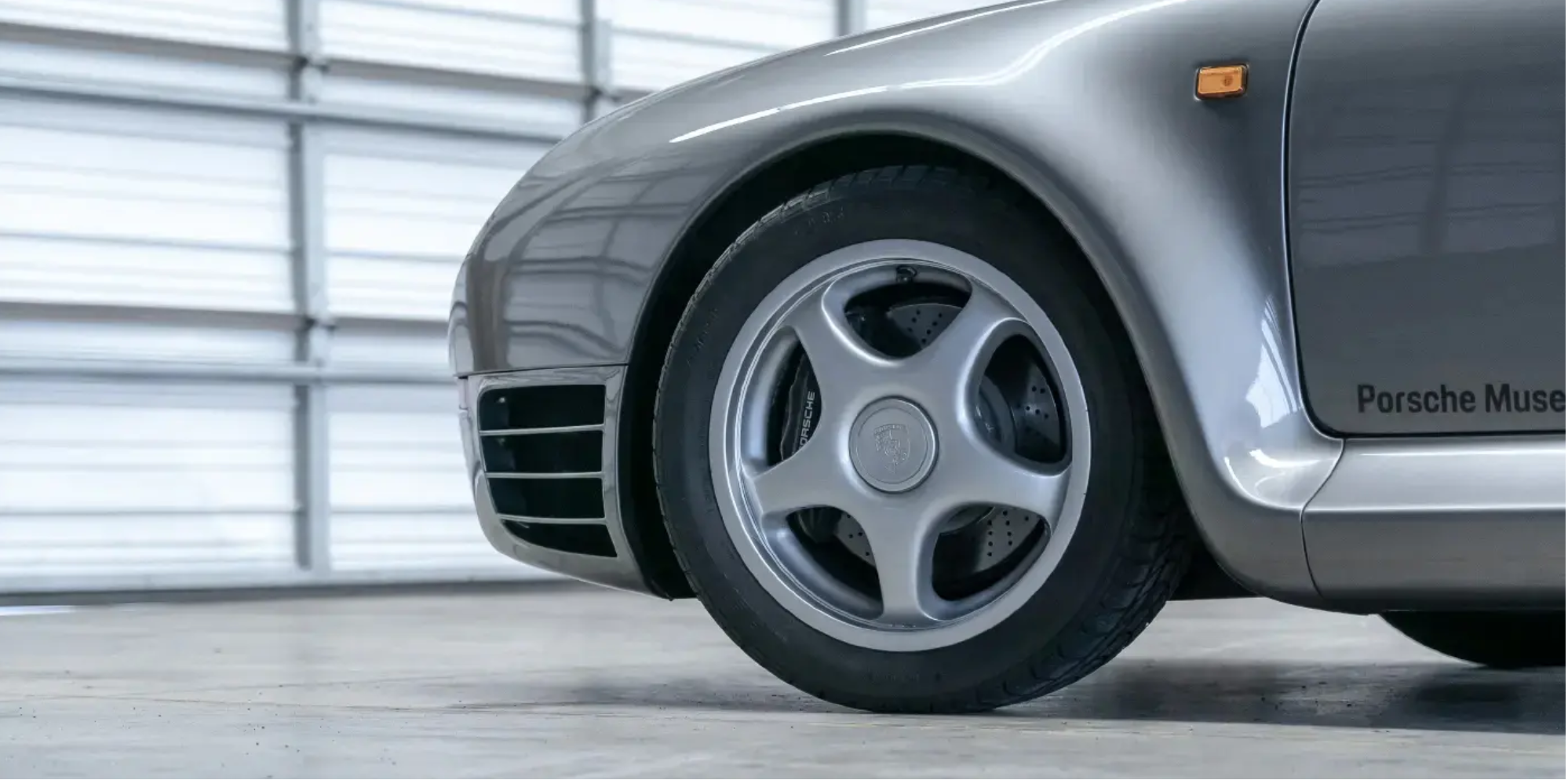A Close-up Look at Synthetic Motor Oil
The subject of what type of motor oil to use in a customer’s vehicle is long enough to warrant a 2,000-page book. In the interest of your time, this short briefing will only cover synthetic oil and a few frequently asked questions. Pennzoil offers its answers to myths and myth busters.
Will using synthetic oil in a customer car void the manufacturer’s warranty? Says Pennzoil: Pennzoil Platinum Full Synthetic motor oil has been formulated with auto manufacturers in mind and if used in accordance with the owner’s manual, will not void any of their warranties. The only exception is the Mazda rotary engine, which has unique and specific lubrication requirements.
You need to flush the engine before switching to synthetic oil. Not so, says Pennzoil. No special preparation is necessary when switching from another motor oil to synthetic oil. Just change the oil and the filter.
Synthetic oil will make the seals leak in older vehicles. “Synthetic oil will not make seals leak,” says Pennzoil. Pennzoil Platinum is tested in a number of industry standard and OEM tests to measure seal performance. If an older engine does not leak with conventional motor oil, then it will not leak after switching to synthetic oil.
Synthetic oil gets dark so quickly inside my engine because it’s inferior. No, says Pennzoil. When you start your car oil begins lubricating your engine. Numerous additives within the oil help it cool and reduce friction between internal moving parts. Oil also clears away dirt and contaminants to help prevent premature engine wear. If the oil turns a dark color or even black, it simply means the oil is doing its job very well.
Synthetics can’t be used with catalytic converters or oxygen sensors. No again, says Pennzoil. Both synthetic and conventional oils are compatible with catalytic converters and oxygen sensors and will not harm them in any way. There is no difference between synthetic and conventional oils with respect to how they react to these components.
Synthetic oils cause cars to use more oil. Definitely not, says Pennzoil. Synthetic oils do not cause cars to use more oil.
Synthetic oils are too thin to stay in the engine. According to Pennzoil, that is not true. In order for a lubricant to be classified in any SAE grade (10W-30, 10W-40, etc.) it has to meet the viscosity guidelines or thickness specified by the vehicle manufacturer. Follow the vehicle guidelines in choosing the right viscosity grade.
Don’t Overlook Your Filter Business
There are at least six filters on every new car you see today and overlooking one of them can cost you incremental dollars, or worse. You don’t want customer complaints ranging from a ruined engine to a damaged transmission. It just doesn’t make any sense to ignore this business segment.
At the very least you are looking at the possibility of replacing an oil filter, air filter, cabin air filters, fuel filters, transmission filters and the crankcase breather filter. And don’t forget about the special air filters designed for racing or street rod applications.
An oil filter should be changed every 3,000 miles or as directed by the vehicle maker. For maximum engine life the 3,000 mile service interval can’t be beat.
The fuel filter should be inspected during each oil change. Replace this filter at least once a year, or every two years on a vehicle equipped with fuel injection. Look for restricted flow or water contamination.
Cabin air filters should be changed annually or more often in areas with heavy airborne contaminants. Also rely on your customers to tell you if they are experiencing changes in heating or cooling efficiency, another sign that the filter should be changed.
Increasingly popular, a cabin filter limits the amount of soot, bacteria, spores, pollen, industrial particulates and dust from entering the cabin. But when dirty it needs to be replaced or it can impair blower activity, or cause a reduction of outside air flow into the cabin. Poor defroster action is another side effect of a dirty cabin filter and perhaps a musty, refrigerator smell.
An engine air filter should also be checked with every oil change. This filter should automatically be changed annually, or when leaking, torn, water- or oil-soaked or showing other signs of wear.
A transmission filter will do its best job if replaced every two to three years or annually if the vehicle is subjected to heavy-duty service.
Be sure to include the PCV valve and crankcase breather filter as a regular maintenance check.
The purpose of the PCV ventilation system is to reduce condensation in the crankcase and the amount of vapor and gases emitted into the atmosphere. If the crankcase breather filter isn’t operating properly, a deterioration of the oil will occur and so will premature engine wear.
The crankcase breather filter should be inspected during routine air filter replacements. A plugged PCV valve can create excessive crankcase pressure which results in rear seal leakage.
Be sure to diagnose proper replacement for the crankcase breather filter along with the PCV valve. Your customers will thank you and so will your accountant.


